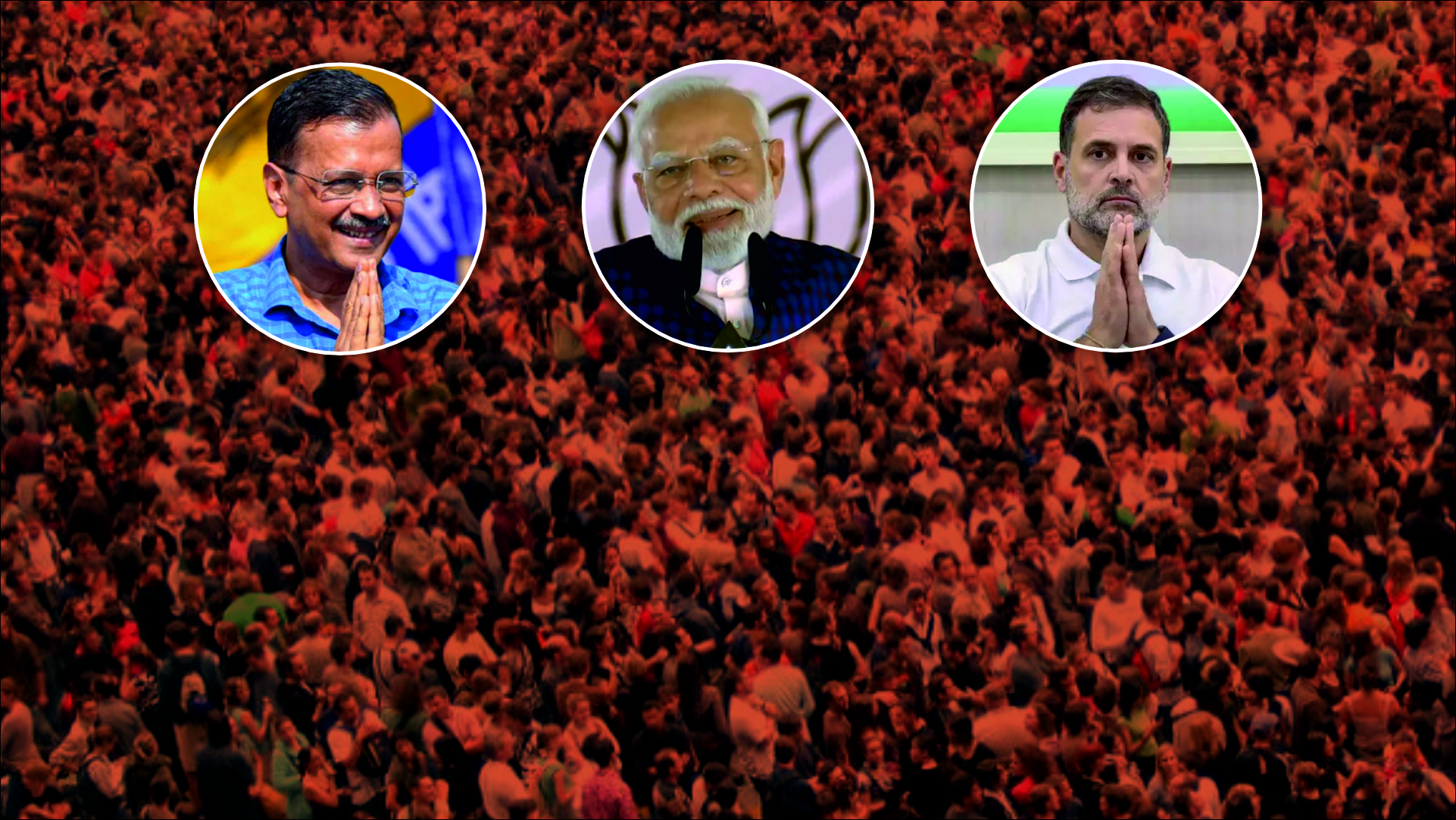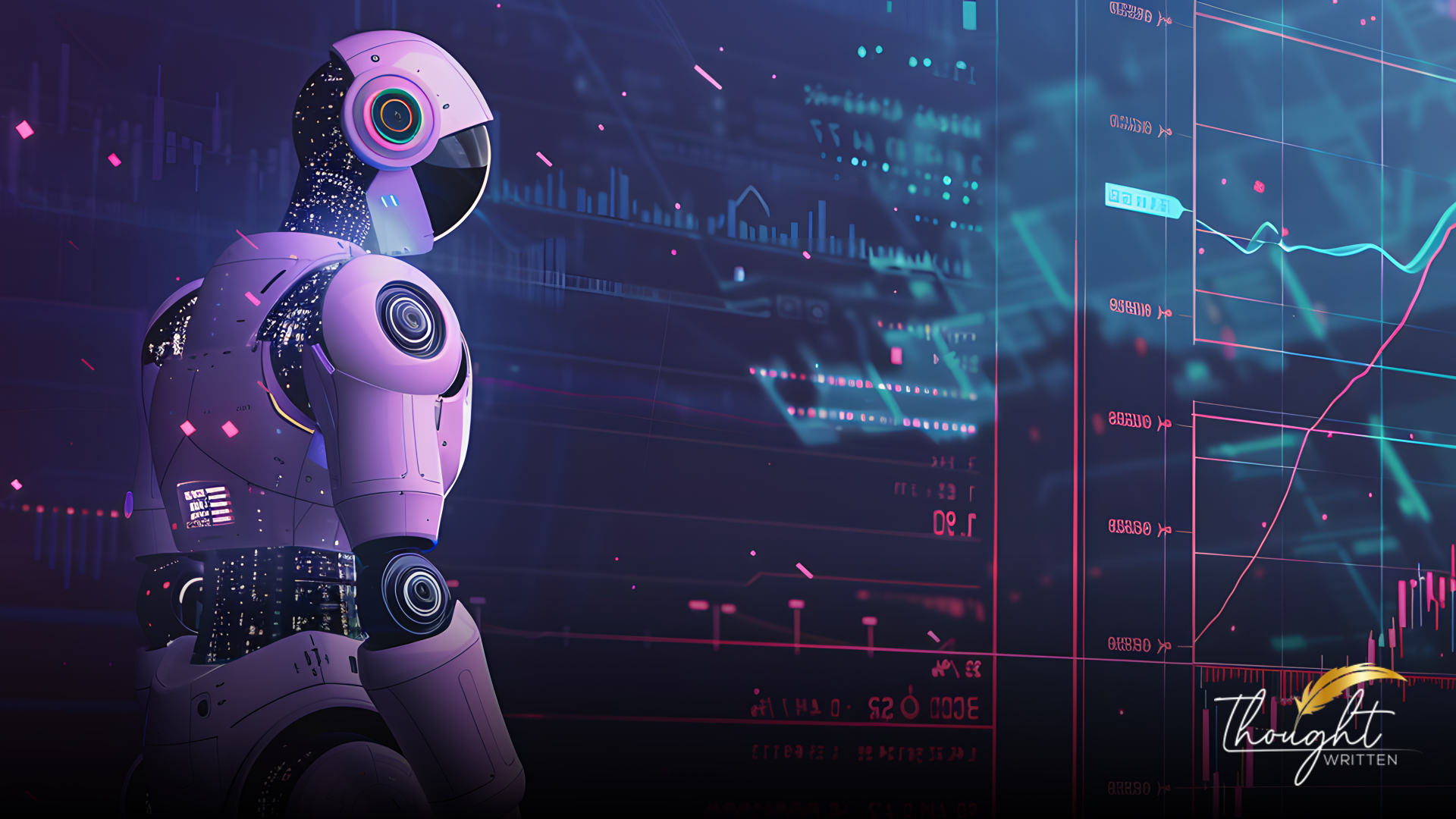Artificial Intelligence (AI) has grown from a fascinating concept into an indispensable part of our daily lives. From virtual assistants like Siri and Alexa to advanced medical diagnostics and self-driving cars, AI is revolutionizing industries and redefining human potential. But as we stand at the brink of 2025, the question remains: What’s next for AI, …
Delhi’s Political Landscape: Challenges Ahead for the New Government

Delhi’s political landscape is one of the most dynamic and closely watched in India. As the new government takes charge, it faces a series of challenges that will test its leadership, governance, and ability to deliver on promises. The national capital, with its unique administrative structure and diverse electorate, presents a complex mix of governance issues, economic concerns, infrastructural demands, and political conflicts that the ruling party must navigate effectively.
This blog explores the challenges ahead for the new government in Delhi, analyzing key areas that will shape its tenure and impact its political standing.
1. Administrative and Governance Challenges
One of the biggest hurdles for the new government is the power struggle between the Delhi government and the central administration. Since Delhi is a Union Territory with a legislative assembly, its governance structure is different from ful fledged states. The elected government does not have complete control over important departments like law and order, police, and land, which fall under the Lieutenant Governor (LG), who reports to the central government.
A. The Centre vs. Delhi Government Conflict
- The ongoing power struggle between the Delhi Chief Minister and the Lieutenant Governor has often resulted in bureaucratic delays, administrative roadblocks, and legal battles.
- The Supreme Court’s ruling on the division of powers between the elected government and the LG has provided some clarity, but tensions remain.
- For effective governance, the new administration must find ways to cooperate with the central government while maintaining its autonomy.
B. Effective Implementation of Policies
- The success of any government depends on its ability to translate policies into action. The new government must ensure efficient execution of welfare schemes, infrastructure projects, and public services.
- Delhi has a high population density, making governance more complex than in many other states. Urban planning, transportation, and pollution control require coordinated efforts across multiple agencies.
C. Bureaucratic Challenges
- Government officials play a crucial role in executing policies, but frequent clashes between bureaucrats and political leaders have often led to administrative inefficiencies.
- Streamlining decision making processes and reducing bureaucratic delays will be critical for the smooth functioning of the government.
2. Economic and Financial Constraints
Delhi is one of India’s largest economic hubs, but the government must balance growth with financial sustainability. The city generates substantial revenue, yet it faces rising expenditure on public welfare, subsidies, and infrastructure projects.
A. Managing the Budget Deficit
- The Delhi government has invested heavily in subsidized electricity, free water supply, and public healthcare, which are popular among citizens but put pressure on the budget.
- Increasing revenue through tax reforms, attracting investments, and boosting business growth will be essential to maintain financial stability.
B. Support for Small Businesses and Job Creation
- Delhi has a large informal economy, including small traders, street vendors, and service sector workers who need policy support.
- The government must ensure that ease of doing business improves, reducing bureaucratic hurdles for small enterprises.
- With rising youth unemployment, vocational training programs and job creation initiatives should be a priority.
3. Pollution and Environmental Challenges
Delhi’s pollution crisis is one of the most pressing challenges for any government. Despite several initiatives, air pollution levels remain dangerously high, especially in winter when stubble burning, vehicular emissions, and construction dust worsen air quality.
A. Controlling Air Pollution
- The government needs a long term strategy to combat air pollution, including stricter enforcement of emission norms for industries and vehicles.
- Investment in public transport and electric vehicles (EVs) should be increased to reduce dependency on private cars.
- Collaboration with neighboring states like Punjab, Haryana, and Uttar Pradesh is crucial to tackle the issue of crop stubble burning, a major contributor to Delhi’s winter smog.
B. Waste Management and Water Crisis
- Delhi generates thousands of tons of waste daily, and its landfills are overflowing. The government must promote waste segregation, recycling, and sustainable waste disposal methods.
- The city faces seasonal water shortages, and many areas depend on water tankers. Ensuring efficient water distribution and conservation policies will be critical.
4. Infrastructure and Public Transport
As Delhi’s population grows, so does the demand for better roads, housing, and public transport. While the Delhi Metro has expanded significantly, other infrastructure sectors need urgent attention.
A. Strengthening Public Transport
- Delhi’s roads are choked with traffic, leading to long commute times and increased pollution. Expanding and modernizing bus fleets, promoting last-mile connectivity, and improving pedestrian infrastructure can help.
- Integration of metro, buses, and e-rickshaws into a seamless transport system will improve efficiency.
B. Affordable Housing and Slum Rehabilitation
- Unaffordable housing and illegal settlements are major concerns in Delhi.
- The government must focus on low-cost housing projects and urban redevelopment to provide better living conditions for economically weaker sections.
C. Water Supply and Sewage Management
- Delhi’s water demand far exceeds its supply, leading to water shortages and dependence on external sources like Haryana and Uttar Pradesh.
- Strengthening the sewage treatment system and cleaning the Yamuna River should also be priorities.
5. Law and Order, Women’s Safety, and Crime Control
Despite being the national capital, Delhi has one of the highest crime rates among Indian cities. Ensuring safety and security is a major responsibility for the new government, even though policing is under the central government’s control.
A. Women’s Safety
- Crimes against women remain a serious issue in Delhi. The government must strengthen public surveillance, install more CCTV cameras, and ensure fast track courts for justice.
- Women’s self defense programs, helplines, and improved public transport safety can help make the city safer.
B. Controlling Street Crimes and Drug Abuse
- Theft, chain snatching, and drug related crimes have been on the rise, especially in urban slums.
- The government must work with law enforcement agencies to implement community policing and crime prevention initiatives.
6. Political Challenges and Opposition Pressure
A. Maintaining Public Trust
- The new government must deliver on its promises to avoid losing public trust. Any failure in governance, corruption scandals, or administrative inefficiencies could harm its political credibility.
- The role of social media and public perception management is crucial in modern politics.
B. Handling Opposition and Political Alliances
- The ruling party must navigate opposition pressure, legal battles, and possible central government interventions.
- Building alliances with other regional parties might be necessary for future electoral strategies.
Conclusion: The Road Ahead for Delhi’s Government
The new government in Delhi has its work cut out. From administrative roadblocks and financial constraints to pollution control and infrastructure development, there are multiple challenges that require strong leadership, efficient governance, and collaborative policymaking.
The government’s success will depend on its ability to address these issues while balancing public expectations, political pressures, and economic realities. Delhi remains a symbol of India’s progress and challenges, and how the new government manages its responsibilities will determine not only its future but also the capital’s path toward sustainable development and inclusive growth.
Will the new administration rise to the occasion? Only time will tell. But one thing is certain Delhi’s political landscape will remain as intense and unpredictable as ever.





